LECTURERS WITH INCOME OF 60 - 70 MILLION VND/MONTH
For example, Ho Chi Minh City University of Economics is currently applying 3 income levels for lecturers (GV) calculated according to the number of years of work. In the first year, lecturers with master's degrees earn from 20 - 25 million VND/month, PhDs 25 - 30 million VND/month, Associate Professors 45 - 50 million VND/month and Professors 50 - 55 million VND/month. This income increases by 5 million VND/month from the second year and continues to increase by 5 - 10 million from the third year onwards. Thus, lecturers with the title of Professor can receive
60 - 70 million VND/month. Average income includes salary, income from school, allowances, benefits, Tet bonus, remuneration from teaching and research activities.
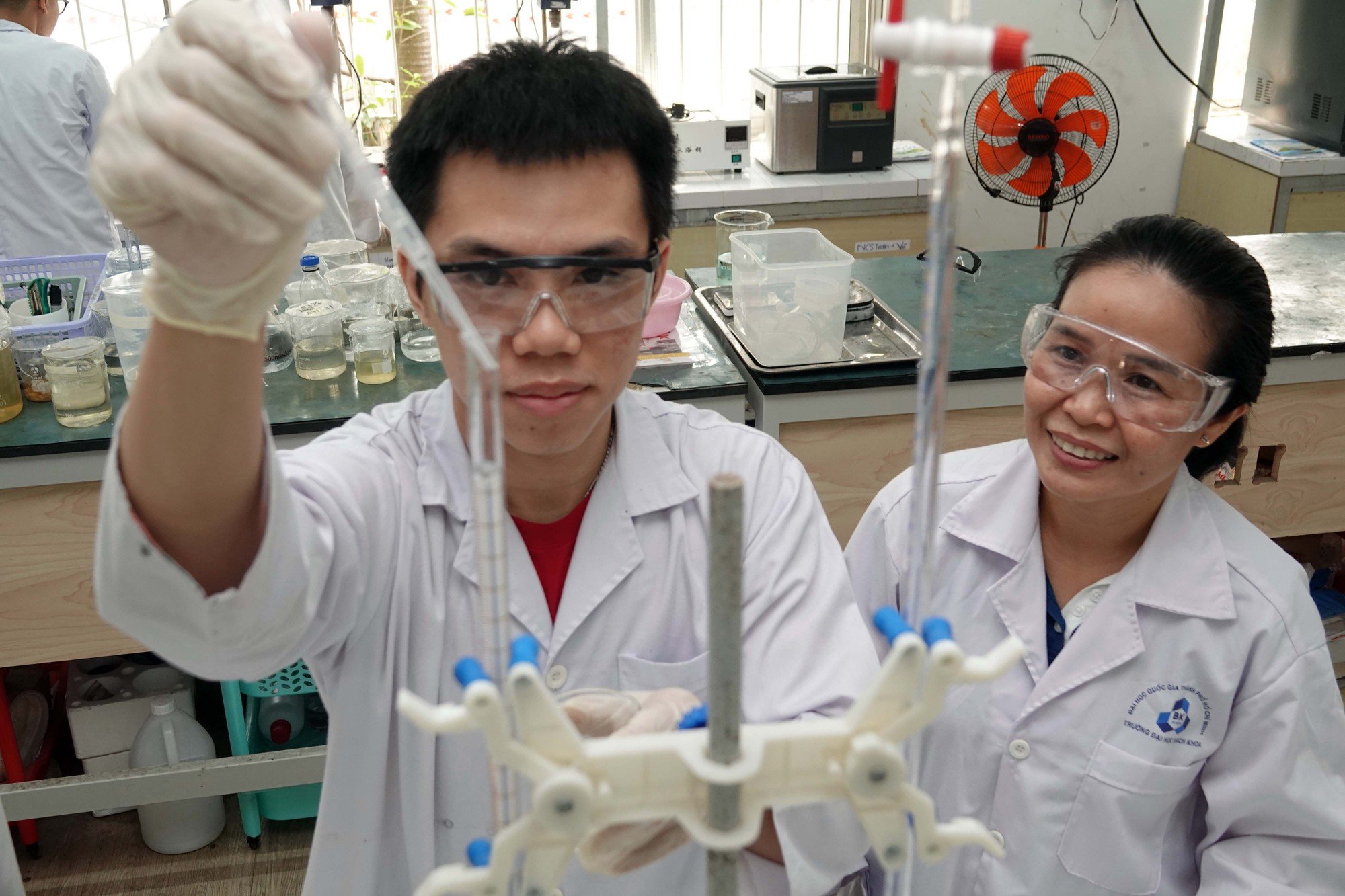
Ho Chi Minh City University of Technology applies a new income policy for teachers and staff in the direction of increasing
Ms. Nguyen Thi Thu Ha, Deputy Head of the Organization and Administration Department of Ho Chi Minh City University of Industry, said that currently the whole school has nearly 400 teachers with qualifications, titles, and degrees from doctorate and above. The school has a policy to attract good professors, associate professors and doctors at home and abroad as well as maintain a team of good teachers, high academic titles, degrees and capacity to work at the school. Average income per capita has increased gradually over the years. Specifically, in 2020 it was 22 million VND/month, in 2021 it was 24 million VND/month, in 2022 it was 27 million VND/month, and it is expected to increase to 31 million VND/month in 2023.
Since April this year, Ho Chi Minh City University of Technology has also applied a new income policy for lecturers and staff, calculated from 3 items: basic salary according to the state coefficient, salary for job position and holiday welfare regime. Accordingly, the salary applied to lecturers is from 13.4 to nearly 45 million VND/month (much higher than the specialist level in the range of over 8 - 18.4 million VND/month). In which, professors are paid the highest income at nearly 45 million VND/month; associate professors over 39 million VND/month; doctors over 24.4 million VND/month; masters nearly 17 million VND/month; teaching assistants, researchers and engineers all receive 13.4 million VND/month.
Dr. Nguyen Tan Tran Minh Khang, Vice Principal of Ho Chi Minh City University of Information Technology, said that the school's teachers' income has increased by 30-50% compared to before implementing the autonomy mechanism. Currently, the average income of teachers is from 25-45 million VND/month. Not only that, the school's special recruitment program publicly announced the income level of 25-55 million VND/month for teachers.
Meanwhile, according to the vice principal of a non-public university in Ho Chi Minh City, excluding the management team, the average income of teachers is currently at 20 - 30 million VND/month.
A non-public university belonging to an education group in Ho Chi Minh City also currently pays teachers a stable income of 12 to over 20 million VND/month depending on their academic title and degree. This does not include the standard overtime pay and an additional 10 million VND.
VND/person and other allowances. The vice principal of another non-public university informed that teachers who are not in charge of professional management work have an average fixed income of 19 - 25 million VND/month.
Thus, it can be seen that the average income of teachers at many public universities is not only equal to but even higher than that of private universities.
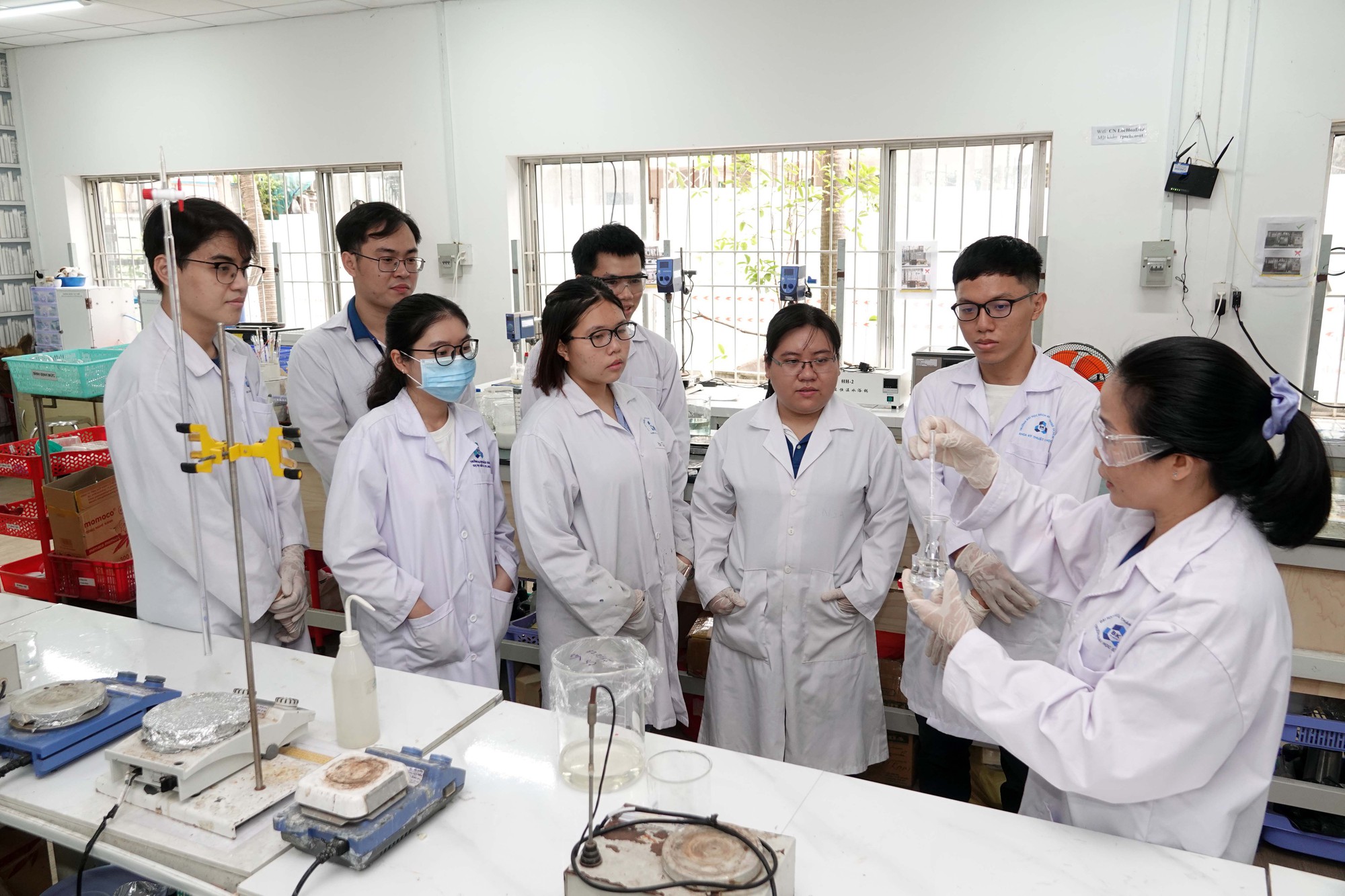
Along with good income regimes, some public universities also have special initial treatment policies to attract and retain good teachers for a long time.
AVERAGE TEACHER INCOME INCREASED 20.8%
The increase in teachers' income only occurs at universities that have implemented the autonomous mechanism, where schools implement a policy of collecting high tuition fees. According to a report by the Ministry of Education and Training, from 2018 to 2021, the total revenue of these schools mostly increased, in which the total revenue outside the state budget for regular expenditure (mainly tuition fees) also increased. Accordingly, the average income of teachers and managers increased sharply, specifically 20.8% for teachers and 18.7% for managers. The increase was even higher for 23 autonomous pilot schools according to Resolution No. 77: teachers' income increased by an average of 26.1%; managers' income increased by an average of 24.5%. In 2021, about 1/3 of teachers at autonomous schools had an income of over 200 million VND/year; 5.97% of teachers had an income of over 300 million VND/year.
Most recently, a survey of a number of universities by a group of World Bank experts also showed that household contributions are the most important source of revenue for public universities. In 2017, the state budget accounted for 24% and tuition fees accounted for 57% of total revenue. But in 2021, household contributions skyrocketed to 77% and the budget was only 9%.
STRONG TO ATTRACT TALENTED PEOPLE
Along with good income regimes, some public universities also have special initial incentives to attract and retain good teachers for a long time. For example, Ho Chi Minh City University of Economics currently only recruits candidates with doctoral degrees as teachers. Successful candidates with doctoral degrees, graduated from prestigious universities, and committed to long-term work (at least 12 years), will receive an initial sponsorship of up to 100 million VND.
Dr. Bui Quang Hung, Vice Principal of the University of Economics Ho Chi Minh City, said that thanks to this preferential treatment, the school has recruited many candidates from abroad. In 2022, the school recruited 10 PhD graduates from the world's top 500 universities.
University autonomy does not mean training costs are included in tuition fees.
According to Associate Professor Dr. Phan Thanh Binh, former Chairman of the National Assembly's Committee on Culture, Education, Youth, Adolescents and Children, the law clearly states the state's view on the state's responsibility for developing university education. University education is a field that the government prioritizes investment in. The law allows for the correct and full calculation of training costs. When correctly and fully calculated, the state, with its economic conditions, can determine how much to take care of and the rest will be contributed by other components.
Associate Professor Thanh Binh believes that the state’s responsibility for university education needs to be demonstrated through budget investment, with the rest coming from society and learners. In no country can the state take full responsibility for university education, so socialization is inevitable. However, it is necessary to clearly see the training costs so as not to put all the burden on learners.
According to the spirit of the Law on University Education, also according to Associate Professor Binh, autonomy does not mean that schools are responsible for their own finances, but rather that schools have more conditions to ensure the quality of education. Therefore, when a university is autonomous, it does not mean that all funding is cut and training costs are included in tuition fees. The State still has to invest in development and ensure the quality of training.
Similarly, Ho Chi Minh City University of Industry also has a reward policy to attract highly qualified teachers to the school. Specifically, professors receive 300 million VND, associate professors 200 million VND, and doctors 100 million VND. In addition, every month, highly qualified teachers receive additional allowances at different levels: 8 million VND/month for professors, 6 million VND/month for associate professors, and 5 million VND/month for doctors.
According to a leader of Ho Chi Minh City University of Technology, the school also allocates 20% of the budget to units so that heads of units can fully use and allocate it to employees in their units, depending on whether the employees perform tasks for the development of the unit.
Since 2021, Hanoi University of Science and Technology has implemented a breakthrough mechanism to attract and recruit excellent teachers. This project aims to attract about 30 teachers with outstanding scientific research achievements. These teachers working at the school are guaranteed competitive income, opportunities to demonstrate and develop teaching and research capacity. In addition, the school also provides funding to implement key topics from 200 - 500 million VND/year.
Ho Chi Minh City University of Food Industry also has an initial salary of 75 million VND for staff and lecturers with doctoral degrees who come to work at the school. This level increases to 150 million VND for associate professors and 200 million VND for professors.
Source link






![[Photo] General Secretary To Lam presents the First Class Labor Medal to the Vietnam National Energy and Industry Group](https://vphoto.vietnam.vn/thumb/1200x675/vietnam/resource/IMAGE/2025/9/21/0ad2d50e1c274a55a3736500c5f262e5)










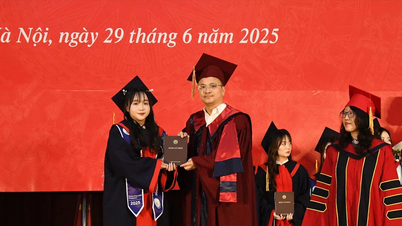



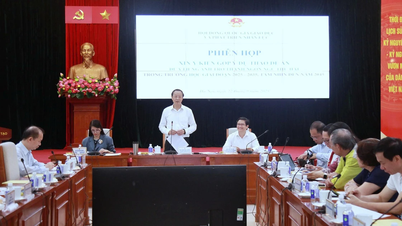









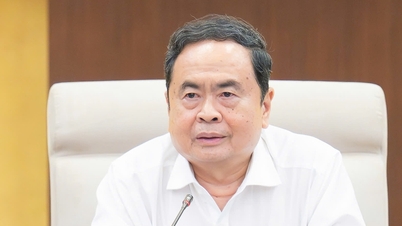

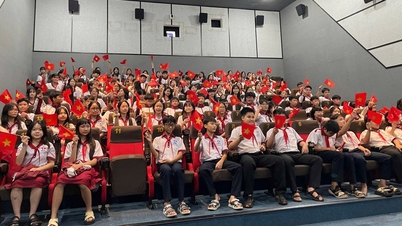
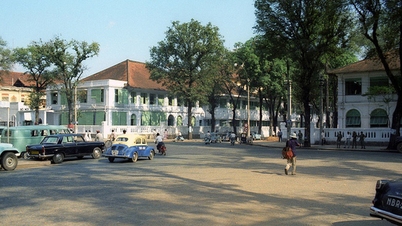



![[Photo] General Secretary To Lam attends the 50th anniversary of the founding of the Vietnam National Industry and Energy Group](https://vphoto.vietnam.vn/thumb/1200x675/vietnam/resource/IMAGE/2025/9/21/bb0920727d8f437887016d196b350dbf)

































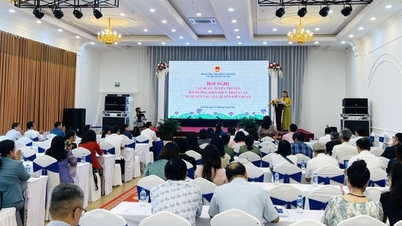







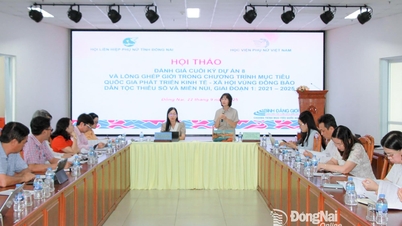

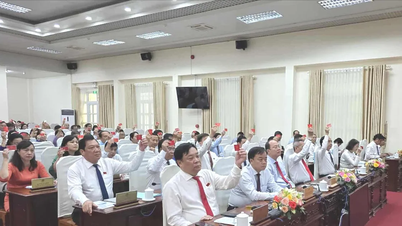

















Comment (0)